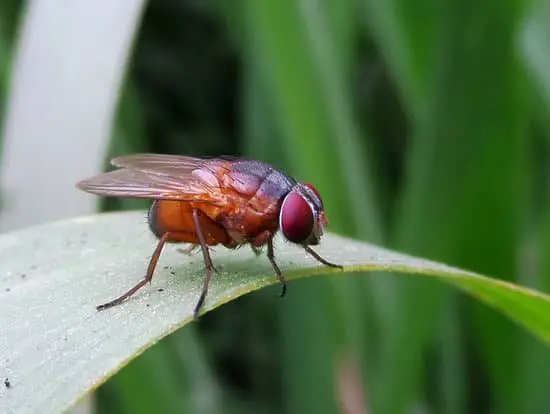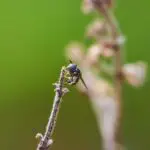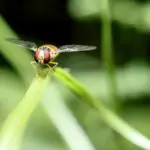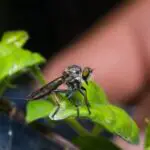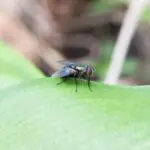How Strong Are Flies Sense of Smell?
Flies have a strong sense of smell, but this ability diminishes with age. Scientists have discovered that young flies are able to avoid bacteria by changing their olfactory perception. However, they haven’t found out why they are able to do this. The answer may lie in the brain circuitry of flies. The flies’ olfactory system is controlled by their nervous system.
The fly’s “nose” consists of two antennae coated with thin hairs called sensilla, which contain olfactory neurons. These neurons respond to smells by binding to receptors on the sensilla. The neurons then send signals down the sensillum and into the brain. While humans don’t have antennae, their olfactory nerves are similar to those of flies.
Researchers tested the odor perception of flies by probing their sensilla. They found that flies’ olfactory organs consist of two different kinds of neurons. One type of olfactory nerve cell has 120 sensory neurons, while the other has seven receptors. The researchers also discovered a new type of odor neuron in flies. This neuron is devoted to sniffing ammonia. This neuron uses a unique receptor that allows it to receive the ammonia in the air.
In previous studies, Vosshall and colleagues showed that flies have multiple receptors for smell. One of these receptors, called Or83b, is necessary for the flies to sense a wide range of odors. Mutants lacking this gene could not smell a variety of odors and were not able to interact with incoming smells.
